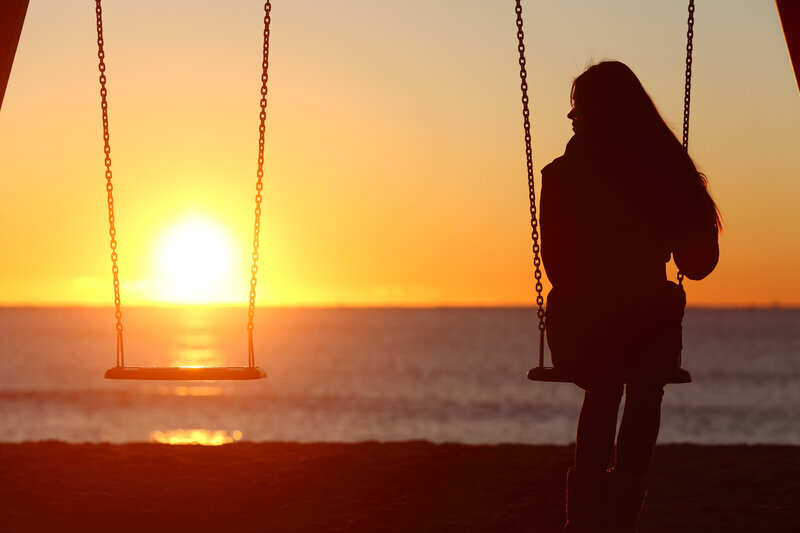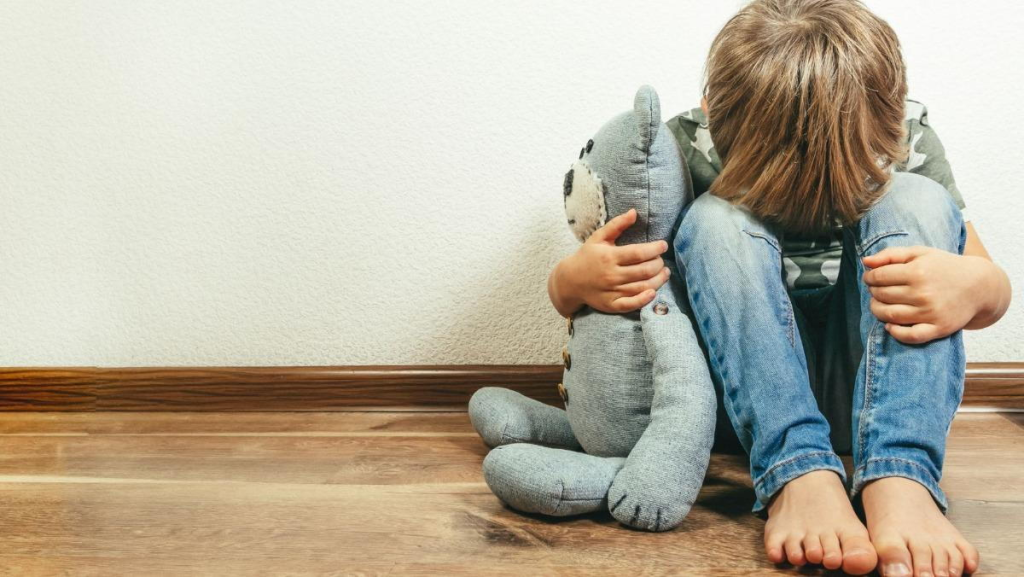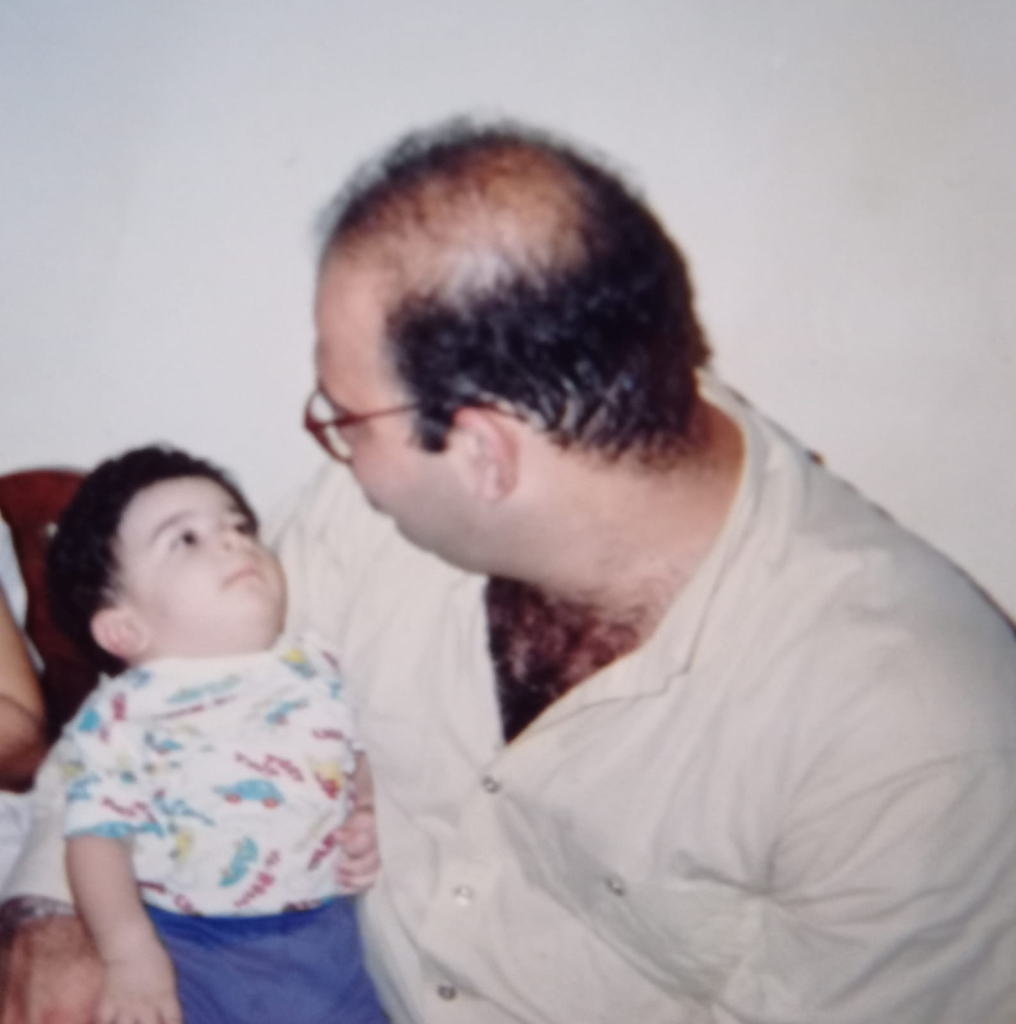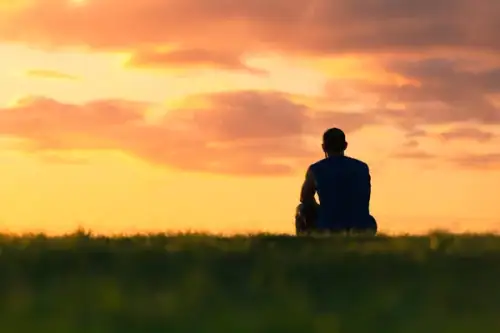Death is a truly devastating thing. It takes away people we care about and the joy of talking to them, seeing them grow and succeed and sharing with them our own.
It leaves us with a longing that can never be satisfied anymore: for all the conversations that could have been had, for the inside jokes, for making each other laugh, to share achievements and heartbreak.
For the opportunities to discover all the little nuances anytime we go deep into their minds to see every little piece that makes them who they are.
Grief causes Wondering
Death makes you wonder so many things when it shows up. You wonder how different things would be if you had done more, if you said you loved them enough, how would life be if they were still here.
You wonder what they’d think if they saw you, if they’d want you to be sad or to celebrate or even; if it was somehow your fault they’re not here anymore.
So many questions and what ifs, so much uncertainty that at the beginning, and for who knows for how long, does nothing but to add to a grief that at times feels impossible to carry.
A grief that only grows as we reminisce on all the memories we have about them; both good and bad, both joyful and infuriating, both boring and exciting.
Aching and Feeling Empty while Grieving
For some time every memory and every thought about them hurts. Every time you yelled at each other or pushed them away and everything you did to bring them closer, every smile and laughter you caused in each other, every hug and every kiss.
You’re left with a cold space that only their warmth was able to fill, a desire for only what they could provide that overrides everything else; to a point where anything you live through somehow feels connected to them and how they could have navigated it or helped you do it even if it was from the sidelines.

You can’t help but miss them every time you want to share your thoughts, laughs and frustrations. Some days you miss them every waking moment; almost as if they were the oxygen you need to keep breathing and continue living.
The Dark Times
You miss them to a point where continuing to live feels … unfair.
- The fact they “left you” here all alone and deprived you of everything they had to offer.
- Feeling they just took an easy way out of their responsibilities.
- Anything that people say about the departed that doesn’t align exactly with what you’re feeling or thinking.
- How you cannot say what you feel to them anymore …
- That no matter how badly you want it there’s no way to get them back.
- Taking care of everybody else that was left behind.
- Wanting to join them but at the same time not.
- How they’re free from the ache but you’re forced to live with it.
- Not knowing what to do with all the love you still have for them
And maybe the most heartbreaking and unfair thing is: feeling your life is in some way carrying the weight of the one they could’ve lived.
Making up stories in your head on how that life could have been, how they could have aged and how your relationship evolved.
Not knowing what to do with all the love you still have for them.
The Turning Point
Then comes the time when you come to terms with the grief. Then one day, it doesn’t paralyze you anymore. Still very much present, still very heavy but much lighter at the same time.
Grief starts letting you know more clearly how it’s not there to keep you down but make you move forward in a new direction.
To this bittersweet place where memories are starting to feel a little comforting again, stories make you genuinely laugh among the tears, you focus more on what they left you with rather than the ones you’re missing now.
All the “what ifs” turn into beautiful fantasies as if you were writing a book.
All the doubts and questions make way for a strange certainty on how things would have gone in all those different scenarios.
A constant, growing reassurance of what’s true and what’s not about them as the days pass, even if you didn’t get as much time to know them as you would’ve liked.
A reassurance that gets so warm and comforting that makes you realize, after all the tears and heartbreak, what you were really feeling all along: love.
The Beauty in the Aching
Finally, once more you see how that heavy, oppressing, dark painful feeling has always been the powerful love that bonded you and the departed.
Just in another form.
It makes sense to you after all the tears you’ve shed how it was your spirit, mind and body bringing all that love from the depths of your soul to the surface.
Very slowly as it may have been.
Of course it was crushing you, of course it was overwhelming you because it’s just so much more than what you thought it was.
Death can be a truly devastating thing.
Death can take away so many things.
But the one thing that stays no matter how long it’s been, it’s the love you fostered with them.
My Own Experience
Up to this point, I haven’t experienced grief and loss like others around me.
The first major loss I had happened when I was almost three years old, my dad had passed away in a tragic accident fresh from celebrating New Year.
That single event left me and my sister with barely any memories of him, memories so faint that for most of our lives felt as if they were products of our childish imaginations.
It left us with a grieving family, many doubts and it robbed us of the chance of growing up with our older siblings and a lot of sorrow when Father’s Day came around, when we saw or heard our peers talking about their own.

In my case, inside of me an envy towards my sister brewed for just having had the chance to remember him even if it was just a little bit. And an intense anger towards him for leaving us and not spending enough time with us, with me.
I was angry at his memory. I chastised him for dying, felt frustrated as I felt owed an apology that I knew it would never come. I lashed out at every praise he got for the person he was.
It all felt irreal as I never got to experience it and never would.
How I Slowly Realized
Then came the acceptance, the peace and the joy when the praises kept coming. The happiness on how much love came my way just for being his son.
How my siblings, their mother and family came to love us and our own just because the love they had for him expanded to include us.
What I see now as resentment towards him when I was younger, did a permanent 180 turn when a few years ago my aunt sent us several pictures of us (mostly me) with him. A picture I don’t think I’d seen before of just him and I which unlocked a memory I’d buried deep.

This is the picture
Turns out, I did get to know him and did create memories with him. My favorite one? Baby me climbing the buttons of his shirt just to hug him and him just keeping me in place, kissing my head and letting me be.
That single memory made it all make sense. That feeling that I somehow knew what he and our relationship would be like now, how he was and how I just knew his heart. It all made sense.
Now, thinking about him doesn’t hurt anymore. Our love? It’s never left. Now more than ever, it’s real and stronger than it’s ever been.
I feel it all the time but specially whenever I see and spend time with any of my siblings. He and losing him was the one thing that connected us all years before we got to meet and bond with each other.
His presence never left, his love never disappeared. It’s just been reborn in new ways, wonderfully unexpected ways.
And if you, who’s reading this, have had an experience like mine. I can assure you one thing: They’ve always been with you. Your love, that powerful tender feeling towards each other has always kept them here, present, protective and nurturing.
Death can take many things away.
But it will never take that. It’ll remain here as long as you do.
Treasure it.
It’s yours. Always been. Always will


3 responses to “How to Heal Grief: Love After Death”
What a lovely read, I feel lile I just had a peep into the authors soul.
Greetings from Australia
Glad you felt that way, mission accomplished.
Me ha encantado, sabes? Sobre todo porque perdí a mi abuela cuando tenía 14 años y fue una edad complicada para mi porque era una adolescente con la mala actitud de esa etapa y siento que no la valoré lo suficiente, ni la traté de la mejor manera. Entonces ese duelo a veces demuestra un poco varios matices porque hay casos como el tuyo que tenías 3 años y es una edad complicada para conservar recuerdos y luego está mi caso que estaba más grande pero aún asi mis recuerdos no me enorgullecen y por mucho que mi madre me diga que no pasa nada por esa mala actitud y que igual ella me quería y yo a ella, que solo era la adolescencia yo de vez en cuando pienso en que ojalá todos entendiéramos que la vida es efímera y que cuando lleguemos a la edad de la madurez no todas esas personas que nos vieron nacer seguirán con nosotros, hay que valorarlos. Gracias, Jonás